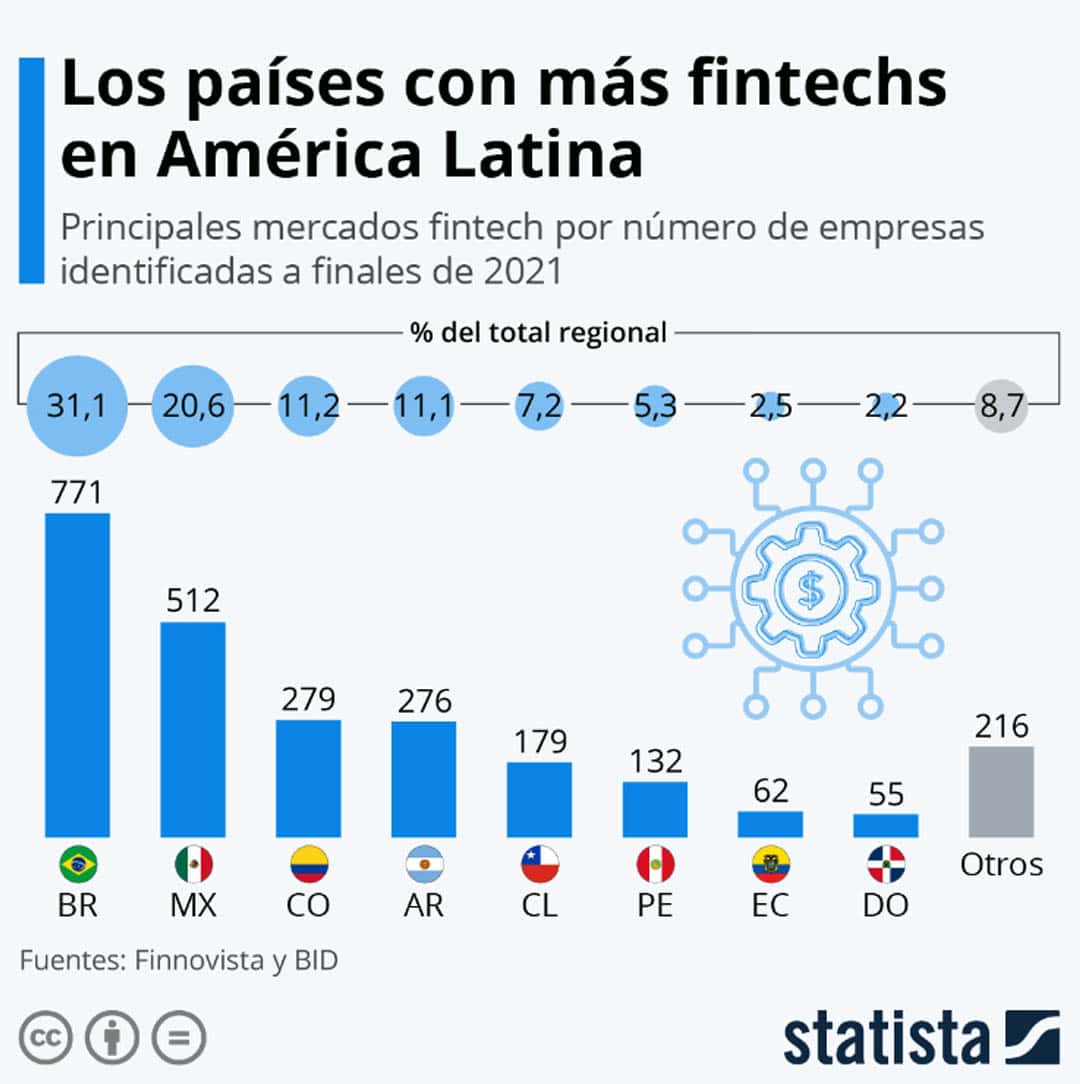
Por Ayax Bellido
October 26, 2023
The Colombian fintech startup Tuily has recently unveiled its business credit card and expense management platform, designed to support entrepreneurs and small businesses in the country. This initiative is backed by Mastercard and is issued by Paymentology.
Alejandro del Río, regional director of Paymentology in Latin America, shared his excitement about collaborating with Tuily, highlighting the fintech’s mission to empower small businesses by offering crucial financial tools to ensure their growth and market stability.
Jonathan Tarud, founder of Koombea and CEO of Tuily, has shifted his focus to this new venture, targeting the B2B market. Although the business credit card segment seems quite saturated, with competitors like Sempli, Clara, and Jeeves, Tuily has identified and focused on a particular niche: smaller businesses that have yet to access the financial sector.
In a conversation with Forbes, Tarud noted that while other competitors aim to serve clients with financial access, Tuily seeks to fill a gap, catering to businesses joining the sector for the first time.
So far, the fintech’s funding has come from its resources, but there are plans to initiate investment and debt rounds. With a team of 22 talented individuals, Tuily aims to reach 350 businesses as clients by the end of 2023 and projects an 80% month-to-month transactional growth.
Already, 200 small and medium-sized businesses in Colombia are leveraging Tuily’s services. Their credit card is not only backed by the trust of Mastercard and Paymentology but also offers contemporary features like Apple Pay integration and the ability to manage limits and budgets in real-time. A key feature allows for department cost assignment, consolidating transactions from multiple cards, and handling corporate travel expenses.
The vast Colombian market for Tuily is evident. According to data from Confecámaras, Colombia has 1,72 million registered SMEs. Of these, a staggering majority, around 1.59 million, are classified as micro-enterprises.
Tarud is optimistic and views competition as a sign of a thriving market. His vision for Tuily is clear: they aim to innovate in transaction automation and integration with specific systems. One of the main challenges the fintech seeks to overcome is the need for clarity when personal and business finances mix. Moreover, they plan to focus on centralizing expenses from different accounts and implementing artificial intelligence for daily risk assessment.

Worth noting, according to a study published by Finnovista in collaboration with the Inter-American Development Bank (IDB), Colombia is the third country in Latin America with the most fintech companies, establishing itself as one of the most relevant sectors within the industry.

Por Israel Pantaleón
January 20, 2026

Por Stiven Cartagena
January 12, 2026